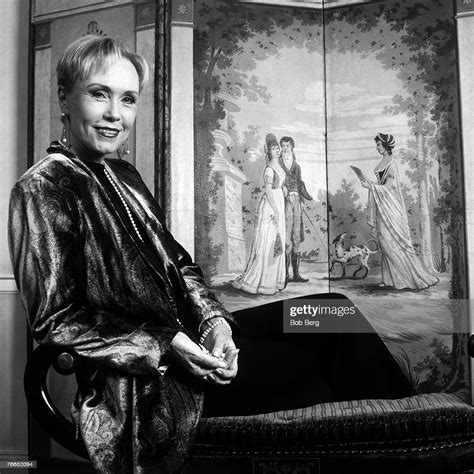A Quote by Tom Ford
Dressing well is an expression of manners.
Quote Topics
Related Quotes
Dressing well is a kind of good manners, if you ask me. When you're standing in a room, your effect is the same as a chair's effect, or a sculpture's. You're part of someone's view, you're part of that world, and so you should dress well. I find it's a show of respect to try to put on your best face and look as good as you can.
In the contemporary world, we think of politeness as surface behavior, like frosting - it's sweet and attractive and finishes off the cake. But 19th century nobility and the enlightened thinkers and stoics before them viewed manners in a very different way. To them, manners are an outward expression of an inward struggle.
Civility means a great deal more than just being nice to one another. It is complex and encompasses learning how to connect successfully and live well with others, developing thoughtfulness, and fostering effective self-expression and communication. Civility includes courtesy, politeness, mutual respect, fairness, good manners, as well as a matter of good health. Taking an active interest in the well-being of our community and concern for the health of our society is also involved in civility.
This is another thing which I really like investigating in my novels: what is it that makes an intimate society, that makes a society in which moral concern for others will be possible? Part of that I think are manners and ritual. We tried to get rid of manners, we tried to abolish manners in the '60s. Manners were very, very old-fashioned and un-cool. And of course we didn't realise that manners are the building blocks of proper moral relationships between people.




































